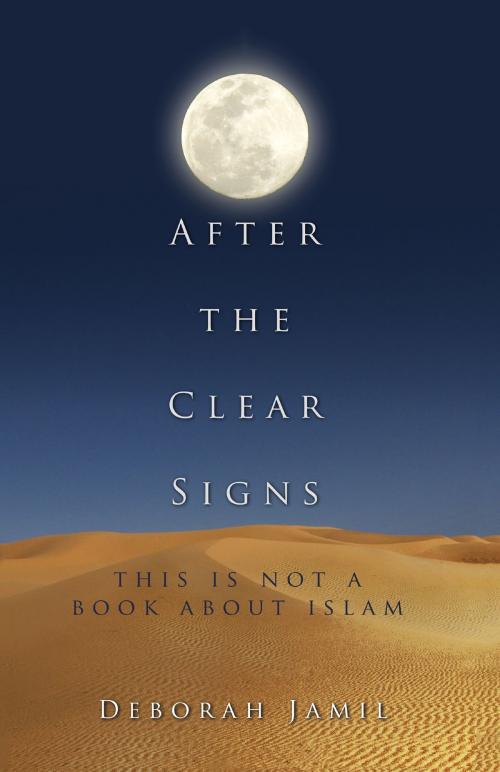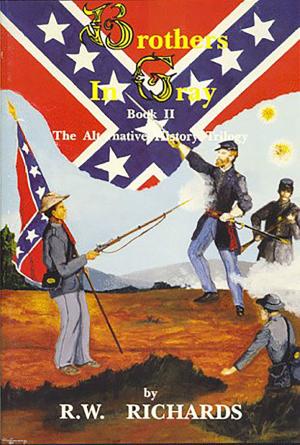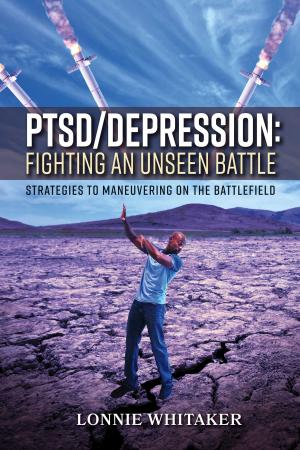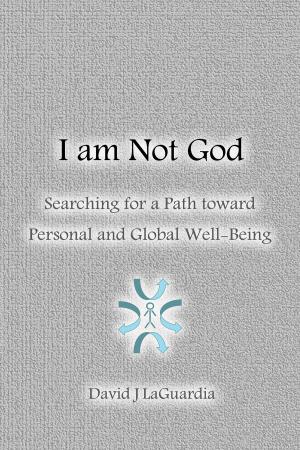After the Clear Signs
This Is Not a Book About Islam
Nonfiction, Religion & Spirituality, Middle East Religions, Sufism| Author: | Deborah Jamil | ISBN: | 9780998145815 |
| Publisher: | BookBaby | Publication: | November 16, 2016 |
| Imprint: | BookBaby | Language: | English |
| Author: | Deborah Jamil |
| ISBN: | 9780998145815 |
| Publisher: | BookBaby |
| Publication: | November 16, 2016 |
| Imprint: | BookBaby |
| Language: | English |
Communication between secular groups headed by businessmen and scientists have led to growth and success in the areas of technology and trade while religious groups and their leaders get nowhere. Religious indoctrination prevents some conversations from even beginning, thereby reinforcing the neglect of societal issues like ethnic strife, cruelty, poverty, injustice and inequity. Every individual and group is adversely affected by this failure in communication between diverse religious institutions and their leaders, and anyone struggling to sort through the fallout has a long and lonely road in front of them. This book describes the journey of one such person in her attempt to make sense out of the seemingly endless contradictions and confusion resulting from the lack of relevant discourse between non-secular groups. During her search, she examined scripture that condemns and warns against isolationism and ostracism, discovering that same scripture is now used to convey the exact opposite message--one of separatism, exclusivity and elitism. The Quran reads: “Oh ye who believe! Take not the Jews and Christians for friends. They are friends to one another. He among you who taketh them for friends is (one) of them. Lo! Allah guideth not wrongdoing folk.” (Surah V, Ayah 51) In the same chapter of the Quran, we see that Muslims are allowed to marry Christians and Jews. Interestingly, it seems the couple cannot be friends to one another. This and many other contradictions make for some very convoluted relationships as the author experienced in her marriage. When these contradictions encounter a rigid intolerance of exploration or explanation, everyone in the family suffers, and from there, the community, and so on. Historically, people from different religions came together, with no intention to convert others to their faith, in an attempt to solve problems that business, science and technology cannot. After the Clear Signs is an appeal to open the lines of communication and facilitate constructive discourse across the many faith traditions so that we can ultimately evolve past large-scale societal conflicts in America and beyond.
Communication between secular groups headed by businessmen and scientists have led to growth and success in the areas of technology and trade while religious groups and their leaders get nowhere. Religious indoctrination prevents some conversations from even beginning, thereby reinforcing the neglect of societal issues like ethnic strife, cruelty, poverty, injustice and inequity. Every individual and group is adversely affected by this failure in communication between diverse religious institutions and their leaders, and anyone struggling to sort through the fallout has a long and lonely road in front of them. This book describes the journey of one such person in her attempt to make sense out of the seemingly endless contradictions and confusion resulting from the lack of relevant discourse between non-secular groups. During her search, she examined scripture that condemns and warns against isolationism and ostracism, discovering that same scripture is now used to convey the exact opposite message--one of separatism, exclusivity and elitism. The Quran reads: “Oh ye who believe! Take not the Jews and Christians for friends. They are friends to one another. He among you who taketh them for friends is (one) of them. Lo! Allah guideth not wrongdoing folk.” (Surah V, Ayah 51) In the same chapter of the Quran, we see that Muslims are allowed to marry Christians and Jews. Interestingly, it seems the couple cannot be friends to one another. This and many other contradictions make for some very convoluted relationships as the author experienced in her marriage. When these contradictions encounter a rigid intolerance of exploration or explanation, everyone in the family suffers, and from there, the community, and so on. Historically, people from different religions came together, with no intention to convert others to their faith, in an attempt to solve problems that business, science and technology cannot. After the Clear Signs is an appeal to open the lines of communication and facilitate constructive discourse across the many faith traditions so that we can ultimately evolve past large-scale societal conflicts in America and beyond.















